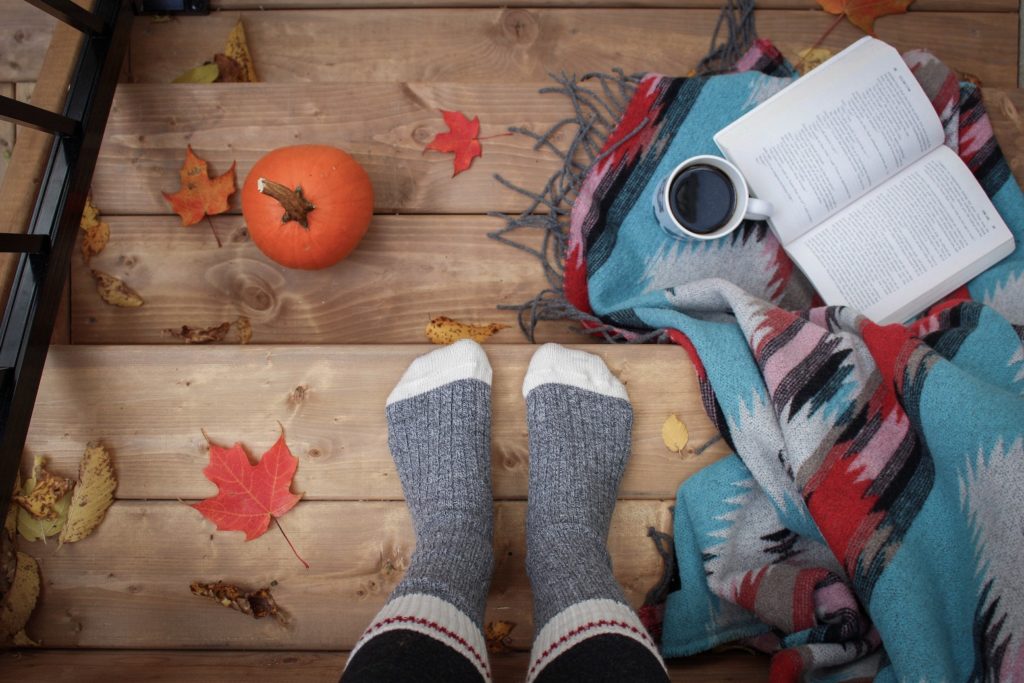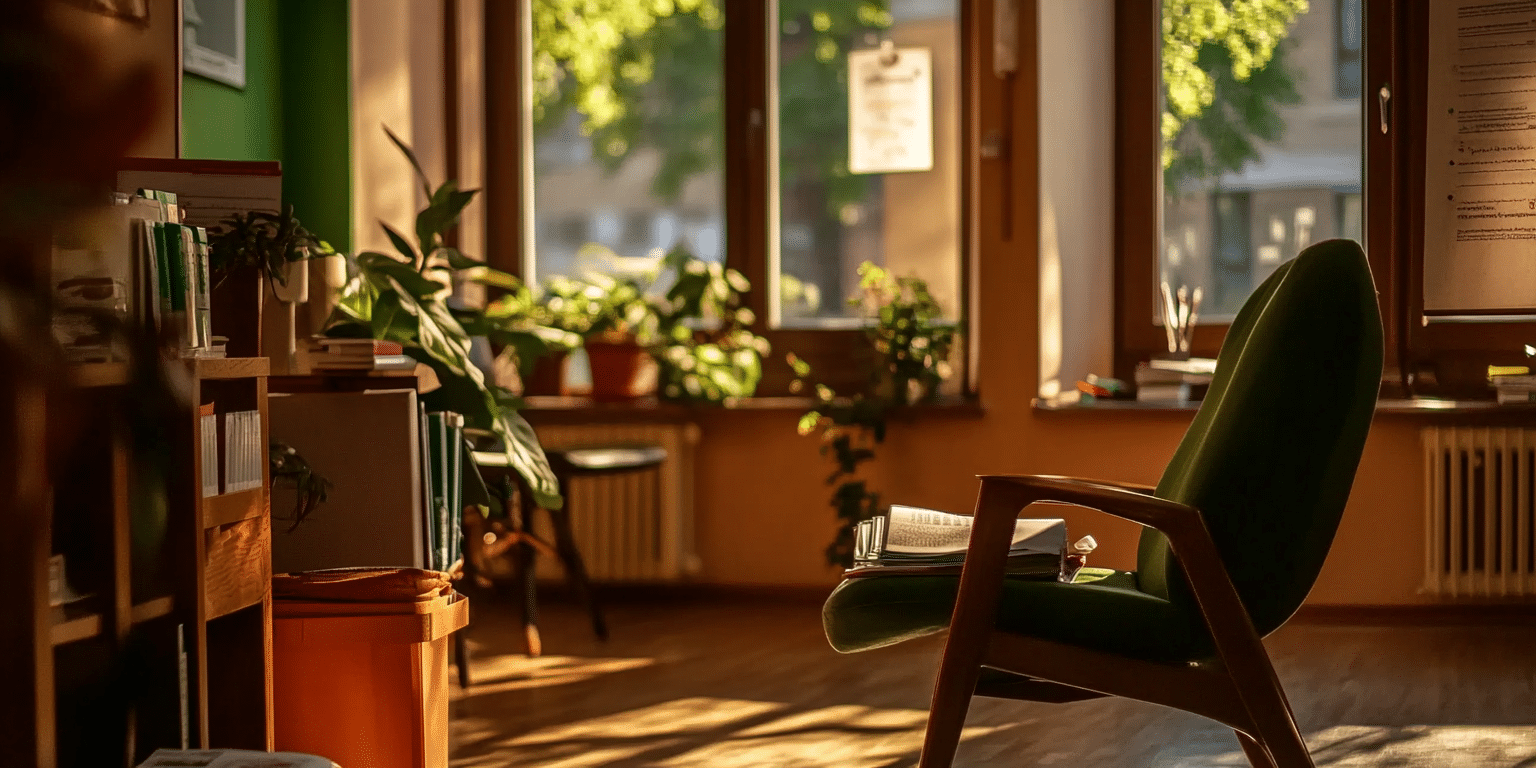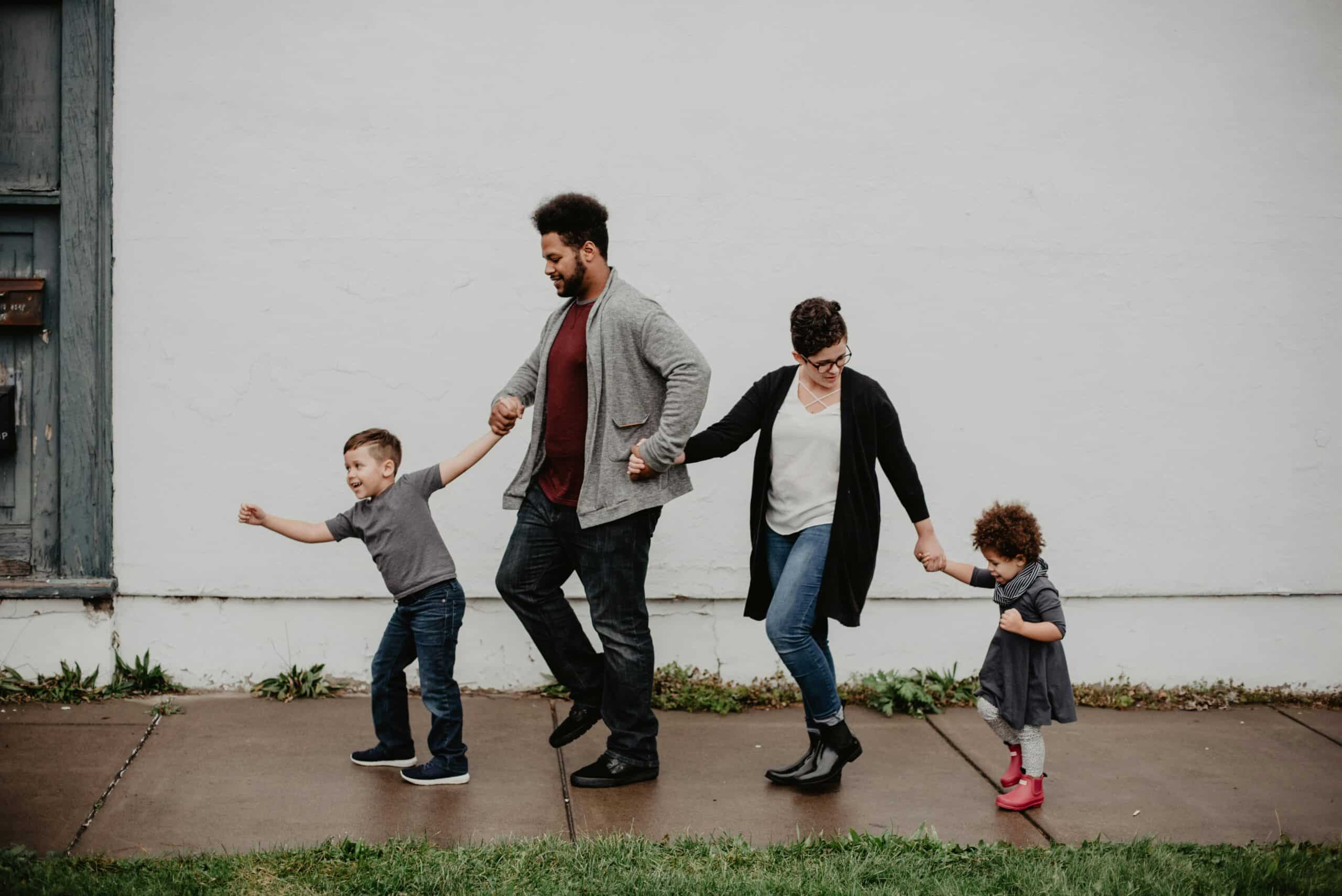5 Min Read
Holiday Stress: How to Cope During the Coronavirus Pandemic
The holidays can bring joy, but it’s not uncommon to feel stressed, depressed, and anxious during the holiday season. Between finding everything on your shopping list, running errands, and social obligations, the holiday season can be a stressful time.
In addition to holiday stresses, anxiety, and fear surrounding the ongoing coronavirus outbreak can exacerbate mental health conditions, leading to higher stress levels. In a recent study in The Lancet, researchers found that the psychological effects of social distancing can range from anger to fear to post-traumatic stress. Additionally, according to behavioral health statistics from the National Institutes of Health, social and economic stresses created by COVID-19 can aggravate drug use and substance abuse disorder.
Feelings of loneliness and isolation are also common during the holidays. Seasonal affective disorder (SAD), a mental health condition that typically starts in the fall and goes away in the spring, can lead to negative thoughts, fatigue, and feelings of sadness—and your mental health problems won’t disappear just because it’s the holiday season.
While you might feel pressured to stay optimistic and keep a smile on your face during the holiday season—pressures that can worsen feelings of loneliness and depression—it’s completely normal to experience a range of emotions given the social pressures of the holidays and the ongoing coronavirus outbreak. With a few helpful tips, you can find healthy ways to cope with holiday stress during the coronavirus pandemic.

Keep your healthy habits.
Maintaining healthy habits during the holiday season is one of the best ways to cope with holiday stress. Taking care of your mental health and physical health is essential at every stage of life—from adolescence to adulthood. This means getting enough sleep, exercising regularly, and eating a balanced diet, according to the National Institute of Mental Health.
If you tend to turn to unhealthy habits during the holidays, opt for healthier coping strategies. To avoid overeating, have a healthy snack before holiday parties. If you’re stuck inside because of cold weather, try incorporating one regular physical activity into each day—whether that’s yoga or resistance exercises you can do without equipment. During the holiday season, self-care can help you step back, take a deep breath, boost your mood, and manage the severity of your mental health symptoms.
Maintaining healthy habits also means sticking to a schedule (as much as possible) and keeping your daily routine. Although it might seem impossible to stick to a schedule with school closures and remote working, the World Health Organization (WHO) recommends getting up and going to bed at similar times, keeping up with personal hygiene, and allocating time for working and resting. Instead of allowing holiday obligations to disrupt your life, try fitting them into your everyday routine.
Make small adjustments.
The holiday season can feel overwhelming, and focusing on the little things can help you de-stress. For example, try unplugging from social media. Setting down your phone can give you some much-needed time away from the demands of friends, family members, your calendar, coronavirus updates, and your to-do list.
Alternatively, if lack of money is a source of stress this time of year, consider setting a budget for gift and grocery shopping or opting for homemade gifts this year. Don’t try to buy happiness with gifts or attempt to justify credit card spending. Instead, focus on spending quality time with your family members and close friends this season.
If lack of time is a significant stressor, remind yourself that it’s OK to say no. Saying yes when you should say no can leave you feeling overwhelmed and stressed. Friends, colleagues, and family members will understand if you can’t say yes to every activity this year. If it’s not possible to say no to social or work obligations, try removing something else from your schedule to avoid spreading yourself too thin.

Find a Therapist to Navigate Holiday Stress
Get personalized matchesContinue practicing safety precautions.
For those planning to celebrate the holidays, the United States Centers for Disease Control (CDC) has provided the following recommendations to stay safe during the coronavirus crisis:
- Gather outside when possible. When gathering indoors, open windows or doors to promote ventilation and minimize the spread of the virus.
- Limit the duration of gatherings. Longer gatherings pose a higher risk of the spread of COVID-19 than shorter gatherings.
- Limit the number of people at gatherings. Gatherings with more people pose a higher risk. The U.S. CDC does not recommend a specific number of people when socializing. The size of a gathering should be based on the ability to limit the spread of the disease among attendees, along with state and local governments’ rules and regulations.
- Practice social distancing. Social gatherings that do not adhere to social distancing, mask wearing, hand washing, and other safety measures pose a higher risk of spreading infectious disease.
- Avoid in-person celebrations if you’re at risk. COVID-19 patients who have not met the criteria for when it is safe to be around others should avoid in-person gatherings, along with those at increased risk for severe illness. People at risk of complications from COVID-19 include those with a chronic illness or pre-existing medical condition, such as heart disease, obesity, and cardiovascular disease. Additionally, pregnant women, infants, people with compromised immune systems, and older adults face increased risk factors, according to health experts.
Don’t hesitate to reach out for help.
Remind yourself that the holidays won’t be the same as last year. To limit the spread of COVID-19, traditions will need to change. Choose a few traditions to hold on to and keep an open mind to creating new ones. For example, if your older children can’t travel to visit you, find new ways to celebrate the holidays together—such as video chatting or sending pictures.
If you’re facing high-stress levels, surround yourself with social support. Opening up to close friends and family members can help you navigate your feelings and work toward a solution, according to the American Psychological Association. If you don’t feel comfortable talking to your loved ones due to mental health stigma or other reasons, consider joining a support group through the National Alliance on Mental Illness (NAMI).
The circumstances of the coronavirus disease and the holiday season can be incredibly stressful for health workers, social workers, and frontline workers, including employees at grocery stores and retailers. Additionally, high-stress levels can exacerbate pre-existing mental disorders, including anxiety disorders, schizophrenia, mood disorders, and substance use disorder. If you’re feeling overwhelmed, don’t hesitate to reach out for professional help.
If you’re having suicidal thoughts or experiencing a mental health emergency, call the National Suicide Prevention Lifeline at 1-800-273-8255 or the National Alliance on Mental Illness Helpline at 1-800-950-6264. If you’re struggling with substance abuse, call the Substance Abuse and Mental Health Services Administration (SAMHSA) National Helpline at 1-800-662-4357.
If you’re struggling to cope with stress or experiencing mental health symptoms, reach out to a mental health provider through WithTherapy. We’ll connect you to a therapist you feel comfortable with, regardless of your personal preferences or requirements. One of the licensed psychologists, psychiatrists, social workers, or counselors on the WithTherapy platform will help you learn to recognize your holiday triggers and develop healthy coping strategies to manage your mental health this holiday season.
Find a Therapist to Navigate Holiday Stress




